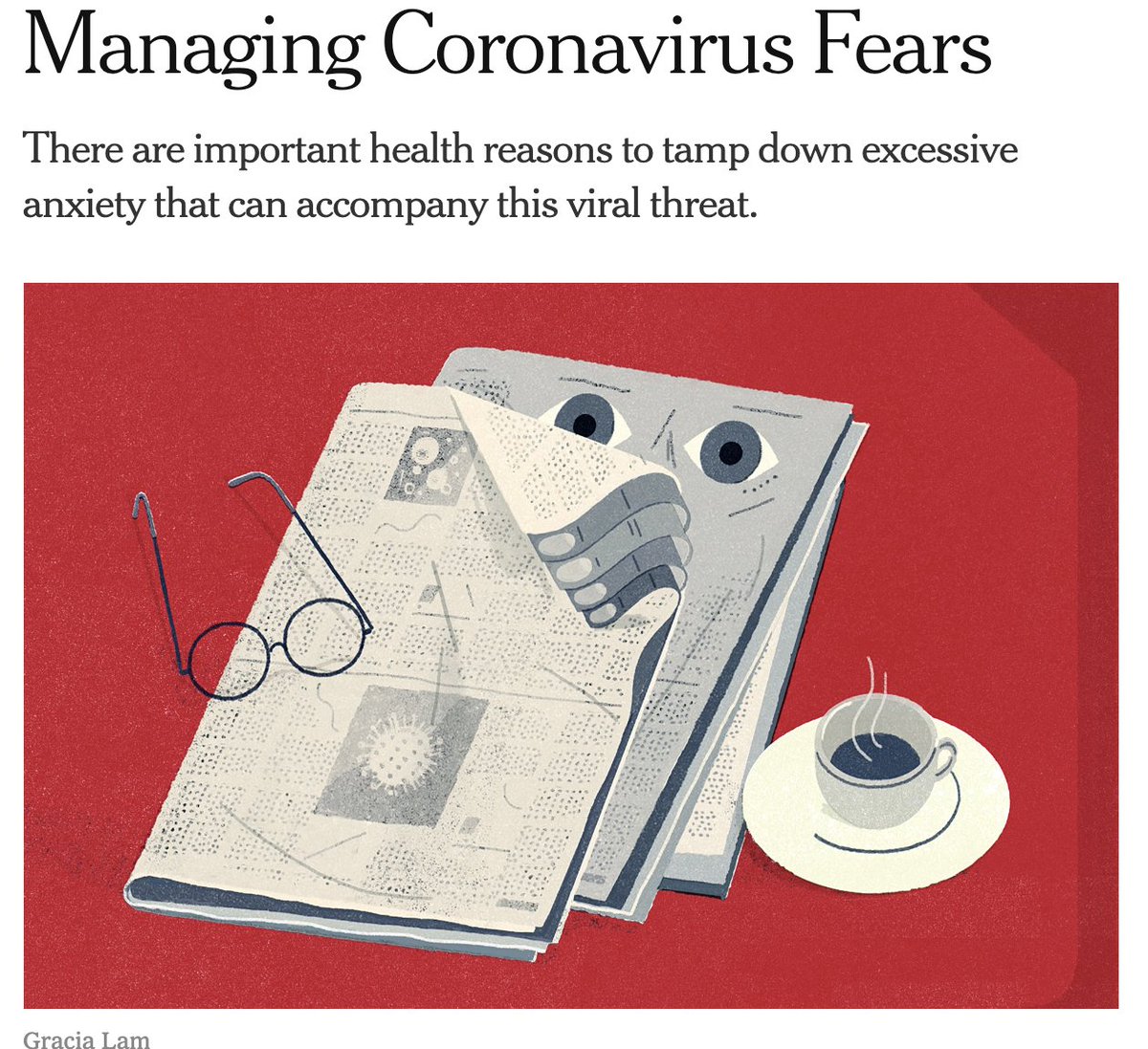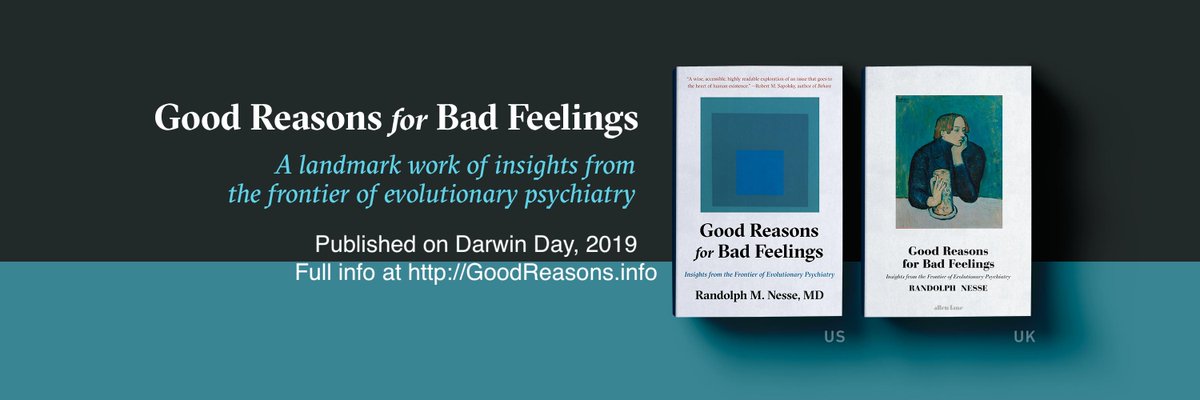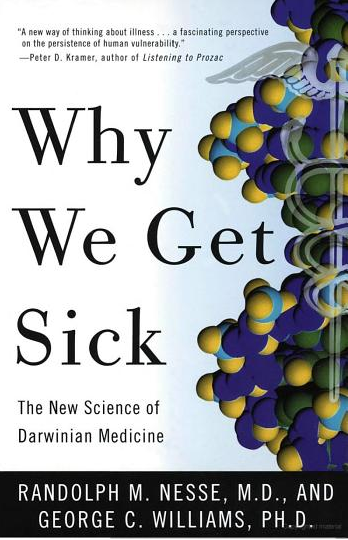
Are some diseases products of traits that are intrinsically vulnerable to failure? The deadline this Friday for #ISEMPH2022 abstracts inspires a deep dive into #schizophrenia genetics. @isemph @HumBehEvoSoc @BioengineerGM @rcpsych
isemph.org
isemph.org
In this week's Nature, Singh et al. report 10 ultra-rare variants that substantially increase the risk of schizophrenia, some more than 50 fold. Remarkable progress. Huge studies with deep sequencing are paying off! @RiadhAbed1 @ent3c @AllenFrancesMD
nature.com/articles/s4158…
nature.com/articles/s4158…

In another landmark study published simultaneously, Trubetskoy, et al. report fine-mapping 287 common genomic loci each with small effects, but together accounting for substantial schizophrenia risk.
nature.com/articles/s4158…
nature.com/articles/s4158…
However, high genetic correlations between depression and GAD, and between schizophrenia and bipolar disorder, mean that these are not discrete disorders with specific simple causes. Now what? 

The polygenic risk score deciles for schizophrenia from 4 studies are fascinating...3x more risk at the high vs low scores. But many individuals with schizophrenia are in low-risk deciles. Are their diseases caused by ultra-rare variants or common ones? We need to find out. 

Despite their high genetic correlation, schizophrenia and bipolar disease PRS patterns are very different, as are the prevalences of alleles associated with high or low cognitive performance. SO much of interest here. @IBG_CUBoulder @TriCEM_NC @BernieCrespi 

Work by many is needed to figure out what this means. But I hope to make a case at #ISEMPH2022 for how strong selection created by the wrenching transition to the social-cognitive niche acting on massively pleiotropic traits left some traits intrinsically vulnerable to failure.
Finally, a research idea: test hypotheses about possible benefits of disease-associated variants by studying individuals in the LOWEST polygenic risk deciles. If they have deficits, that would be very important. But I bet they are just fine or better. nesse.us
@threadreaderapp unroll
• • •
Missing some Tweet in this thread? You can try to
force a refresh










